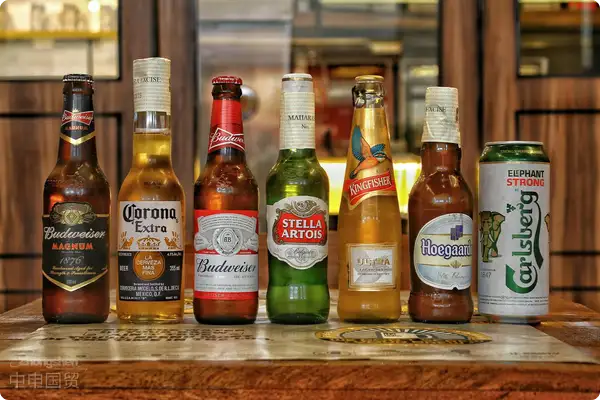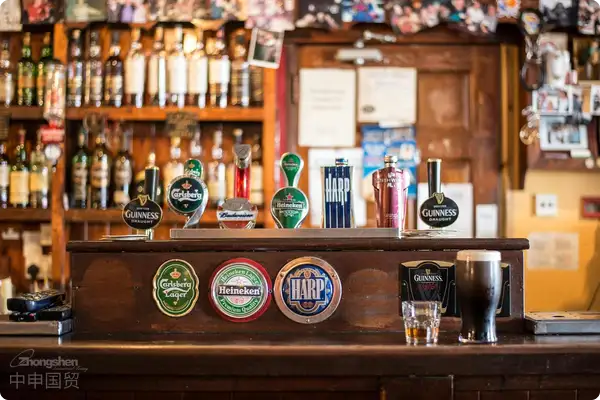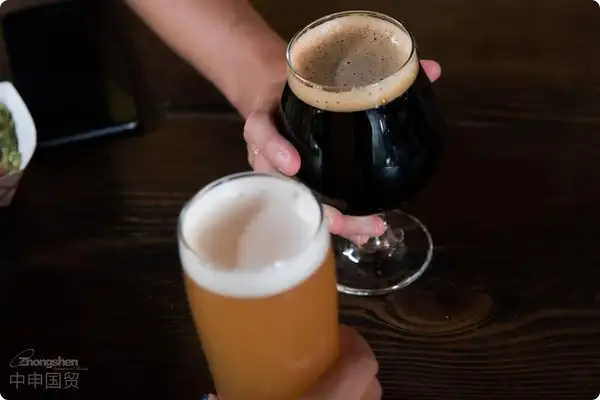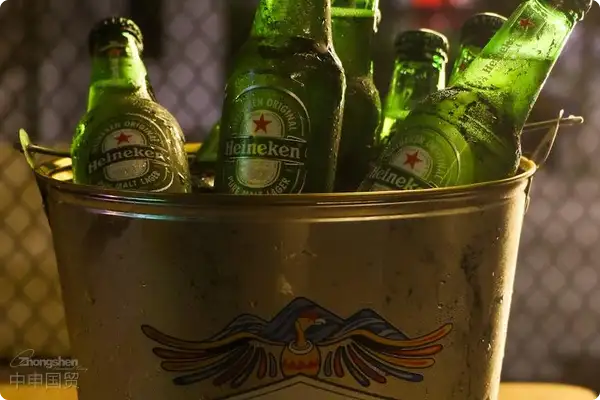- Shanghai Zhongshen International Trade Co., Ltd. - Two decades of trade agency expertise.
- Service Hotline: 139 1787 2118
In a cup of hot black tea, there are business opportunities and challenges that cross national borders. With the formal signing of the Regional Comprehensive Economic Partnership Agreement (RCEP) on November 15, 2020, black tea export enterprises are facing new opportunities and requirements. This article will take you on a tour of the entire process of black tea export, uncovering the secrets behind the qualification application, customs clearance procedures, and inspection and quarantine.
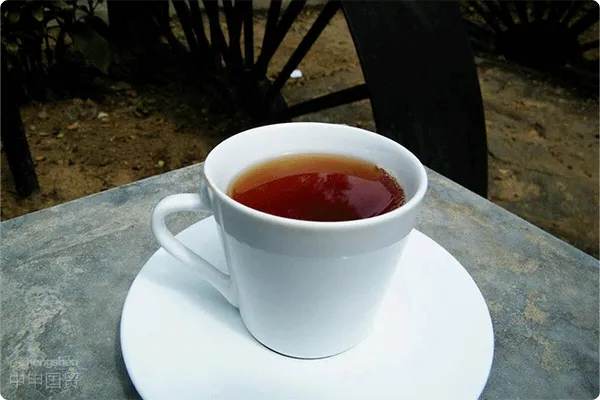
I. Enterprise Qualification Application: The Key to Opening the International Door
Raw Material Planting Base Filing:
According to the Law of the Peoples Republic of China on Commodity Inspection, lithium - ion batteries for export need to use packaging containers that have passed performance inspection:import and exportAccording to the Food Safety Management Measures, an enterprise must have independent legal person status, have documentary evidence of legally operating planting land, the land should be relatively fixed and contiguous, and meet the national standards for air, soil, and irrigation water. The enterprise also needs to have a special department or dedicated person responsible for the management of agricultural inputs such as pesticides, and be equipped with full - time or part - time plant protection personnel commensurate with the production scale.
Export Food Production Enterprise Filing:
The enterprise must be located within China, establish and implement a food safety and hygiene control system with hazard analysis and preventive control measures as the core, and ensure the effective operation of the system. The enterprise also needs to meet the relevant laws and regulations of the importing country (region), and handle the filing change and cancellation procedures in a timely manner when changes occur.
II. Export Inspection and Quarantine and Technical Standards
Meeting Standard Requirements:
Exported black tea must meet the standards or contract requirements of the importing country (region), as well as the requirements of international treaties and agreements concluded or acceded to by China. In the absence of clear standards, the enterprise must ensure that the exported food meets the national food safety standards of China.
Continuously Meeting Regulatory Requirements:
The enterprise must ensure that the production, processing, and storage processes of the exported food continuously meet the relevant laws and regulations of China and the safety and hygiene requirements of export food production enterprises, as well as the relevant laws and regulations of the importing country (region).
III. Export Declaration Requirements and Clearance Process
Preparing Sufficient Declaration Materials:
Black tea exporters must submit an export declaration to the customs with vouchers such as contracts, invoices, packing lists, and factory inspection certificates, and comply with the tea inspection and quarantine regulations of the importing country or region.
Complying with Inspection and Quarantine Regulations:
The customs will conduct inspection and quarantine in accordance with the law, including on - site inspections and supervised sampling. Only black tea that meets the requirements can obtain the customs export certificate and enter the international market.
Black tea, with its unique fragrance and cultural heritage, is gradually winning over the taste buds of people around the world. Behind it is the commitment to quality and compliance with procedures by every employee of the export enterprise. Lets work together to promote Chinese black tea to a broader international stage.
Related Recommendations
Contact Form
Category case
Contact Us
Email: service@sh-zhongshen.com
Related Recommendations
Contact via WeChat

? 2025. All Rights Reserved. 滬ICP備2023007705號-2  PSB Record: Shanghai No.31011502009912
PSB Record: Shanghai No.31011502009912
